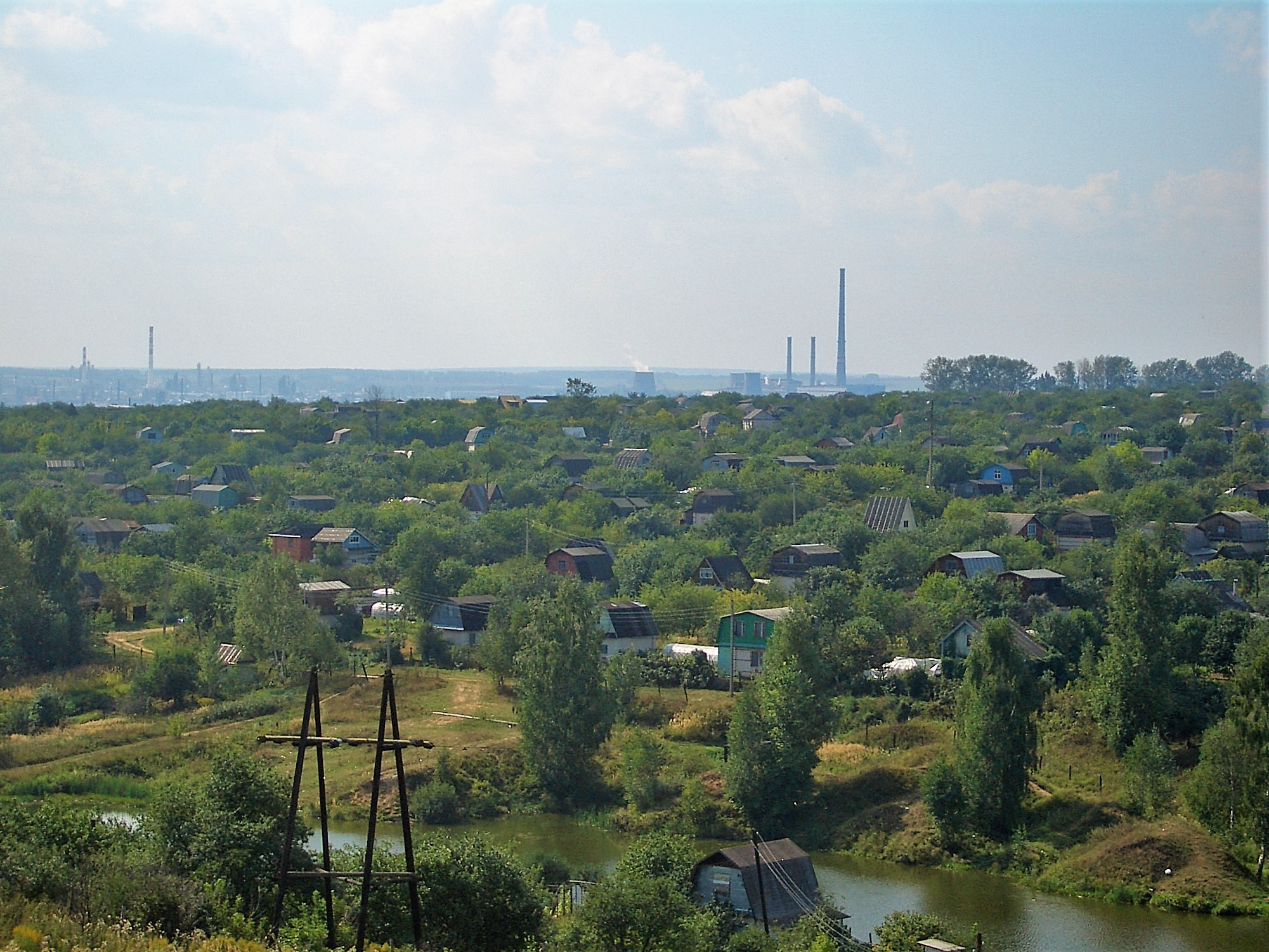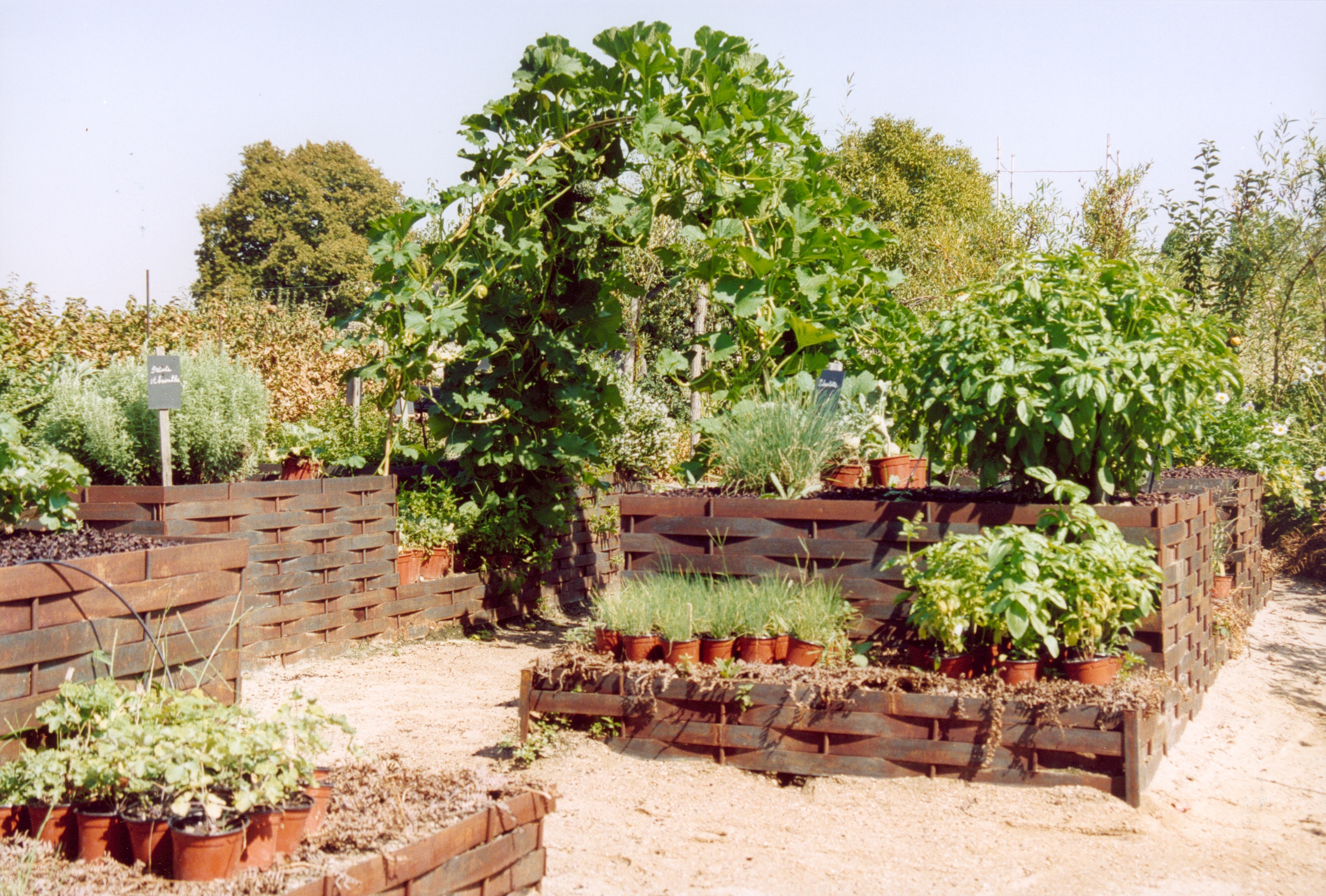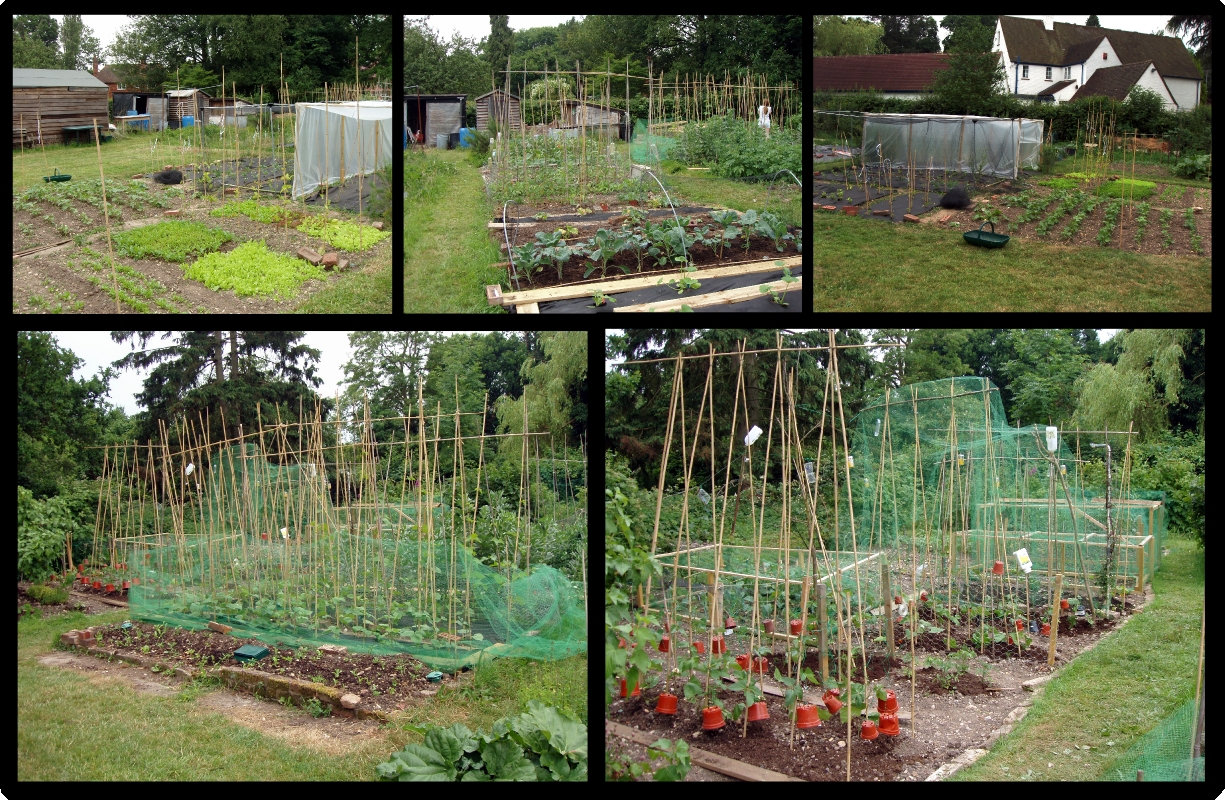Allotment gardens
Enlarge text Shrink text- Work cat.: 96-215004: Bergquist, M. En utopi i verkligheten, c1996:p. 313 (allotment gardens)
- AltaVista, Apr. 26, 1999:Vancouver Community Gardens Statistics (community and allotment gardens in the Greater Vancouver region; definition given by the Vancouver Parks & Recreation Board: "there is a difference between an 'allotment garden' and a 'community garden'. While an allotment garden may in fact be defined as only a piece of land used by individuals to produce food and flowers for personal use of society members, a community garden goes beyond that to include common areas that are not allotted to individuals, and education programs that involve schools and youth groups in gardening activities."); Magnus Bergquist (Key words:... allotment gardens); allotment gardens)
- AGRICOLA, Apr. 26, 1999(t: allotment gardens)
- Web. 3(allotment 2b: something set apart by distribution or assignment of special use or for a distinct party: as (1) chiefly Brit: a small piece of land let or assigned to an individual (as by the town council) for cultivation as a family garden <a disused railway siding that was turned into allotments--Anthony Powell> <an allotment garden>)
- LC database, Apr. 26, 1999(allotment garden; allotment gardens; Allotment Garden Federation of Denmark)
An allotment (British English), is a plot of land made available for individual, non-commercial gardening for growing food plants, so forming a kitchen garden away from the residence of the user. Such plots are formed by subdividing a piece of land into a few or up to several hundred parcels that are assigned to individuals or families, contrary to a community garden where the entire area is tended collectively by a group of people. The term "victory garden" is also still sometimes used, especially when a garden dates back to the First or Second World War. The individual size of a parcel typically suits the needs of a family, and often the plots include a shed for tools and shelter, and sometimes a hut for seasonal or weekend accommodation. The individual gardeners are usually organised in an allotment association, which leases or is granted the land from an owner who may be a public, private or ecclesiastical entity, and who usually stipulates that it be only used for gardening (i.e., growing vegetables, fruits and flowers), but not for permanent residential purposes (this is usually also required by zoning laws). The gardeners have to pay a small membership fee to the association and have to abide by the corresponding constitution and by-laws. However, the membership entitles them to certain democratic rights.
Read more on Wikipedia >
 Topic
Topic


















